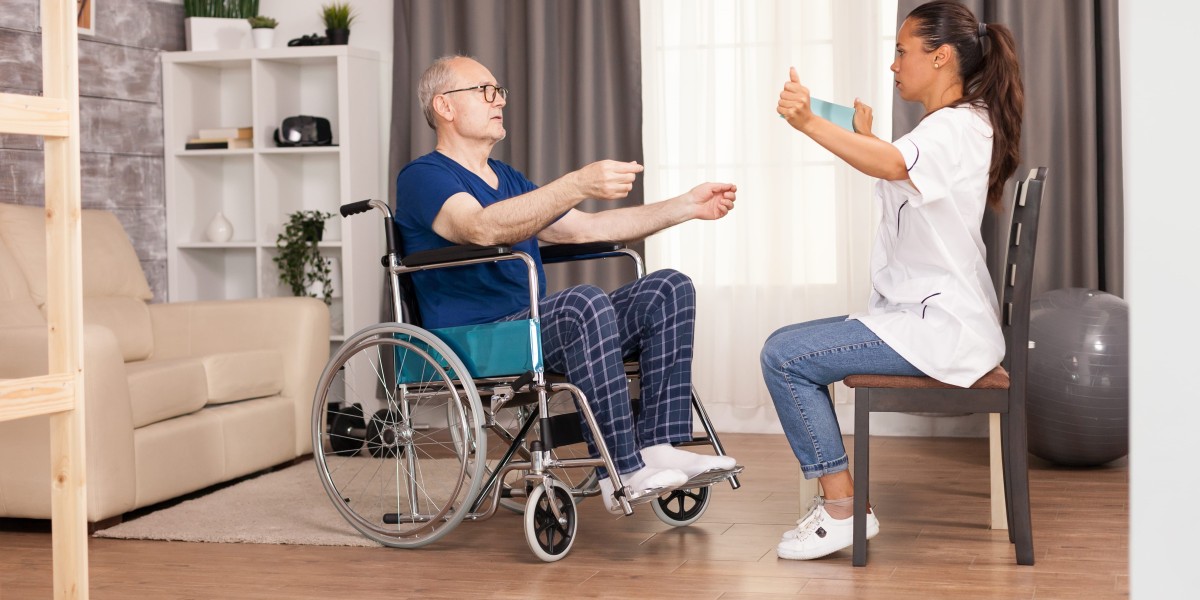Parkinson’s disease progresses gradually, often beginning with subtle signs like reduced facial expression, stiffness, or mild tremors. While these symptoms may seem manageable in the early stages, research consistently shows that early therapeutic intervention can make a significant difference. Modern approaches to Parkinson's Disease Rehabilitation emphasize beginning care as soon as symptoms appear, giving individuals a stronger foundation for long term mobility and independence. To learn more about comprehensive care pathways, visit https://buddhiclinic.com/we-treat/parkinsons-disease-treatment/
Why Early Intervention Matters
Parkinson’s affects both motor and non motor functions, impacting everything from muscle coordination to mood. When therapy begins early, individuals can strengthen the neural pathways responsible for movement before impairments significantly progress. This early work helps maintain flexibility, function, and overall body strength for a longer period of time.
Starting rehabilitation early can also reduce the emotional impact of the condition. People gain confidence knowing they have tools that support their daily life and mobility.
Strengthening Movement Through Proactive Training
One of the biggest advantages of early rehabilitation is the ability to build strong movement patterns before gait changes become pronounced. Therapists work on posture alignment, stride training, core stability, and balance techniques that reduce fall risk and help individuals maintain smooth, coordinated movement.
Early strength training helps preserve muscle mass and responsiveness, enabling people to stay active and participate in regular routines with ease.
Managing Stiffness and Rigidity Before They Progress
Muscle stiffness is one of the earliest challenges in Parkinson’s. Beginning stretching therapy, flexibility training, and rhythmic movement exercises early can prevent long term rigidity. By maintaining joint mobility and range of motion, individuals experience less discomfort and greater freedom of movement.
These proactive methods support the natural rhythm of the body, delaying the severity of physical limitations.
Preserving Speech and Cognitive Function
Speech, voice, and cognitive changes often appear in later stages but may begin quietly. Early speech therapy helps individuals maintain vocal strength, articulation, and breathing control. Likewise, cognitive exercises focusing on attention, memory, and problem solving build resilience that benefits individuals throughout the progression of the condition.
Early therapy also encourages mental engagement, reducing stress, anxiety, and the cognitive slowdown that can accompany Parkinson’s.
Emotional Empowerment Through Preparedness
Starting rehabilitation early gives individuals a sense of control. They learn strategies that make daily activities easier such as safe movement techniques, home modifications, and energy saving practices. This preparedness reduces frustration and strengthens emotional well being.
By building confidence early, individuals often experience fewer mental health challenges as the condition advances.
Supporting Long Term Wellness
Parkinson's Disease Rehabilitation is most effective when it begins early because it promotes long term wellness. It ensures that individuals maintain independence and mobility while minimizing complications. Consistent therapy helps slow functional decline and improves overall quality of life.
To explore structured rehabilitation tailored for all stages of Parkinson’s, visit https://buddhiclinic.com/we-treat/parkinsons-disease-treatment/







